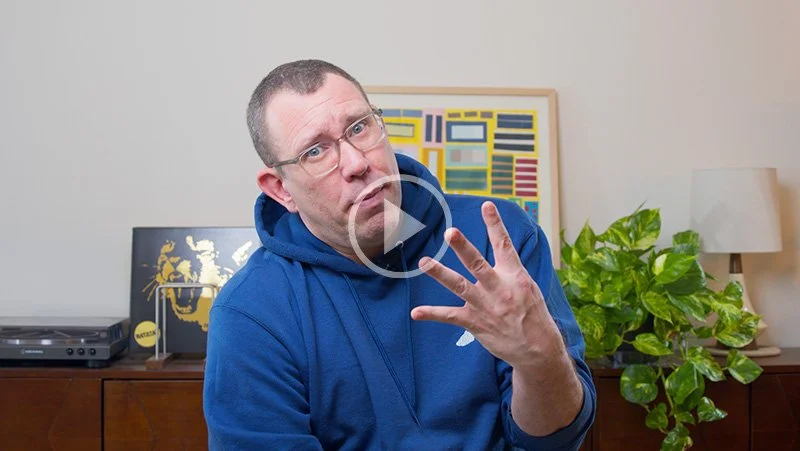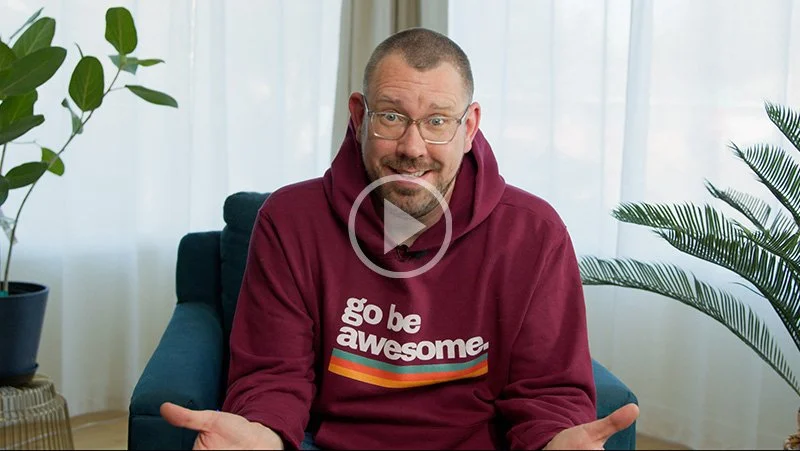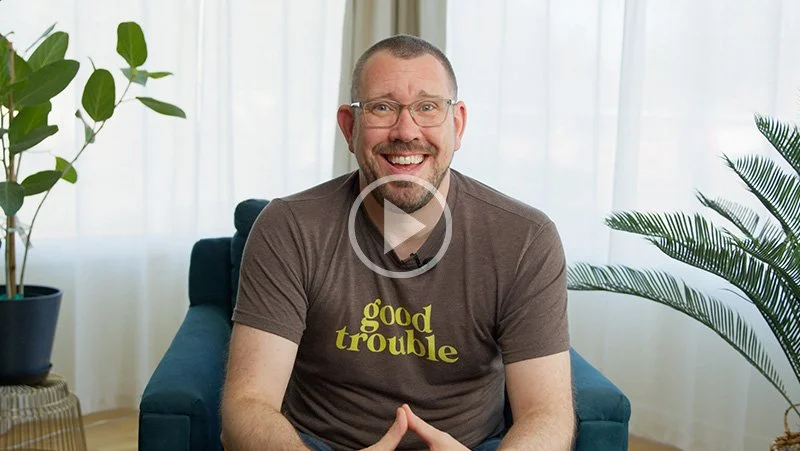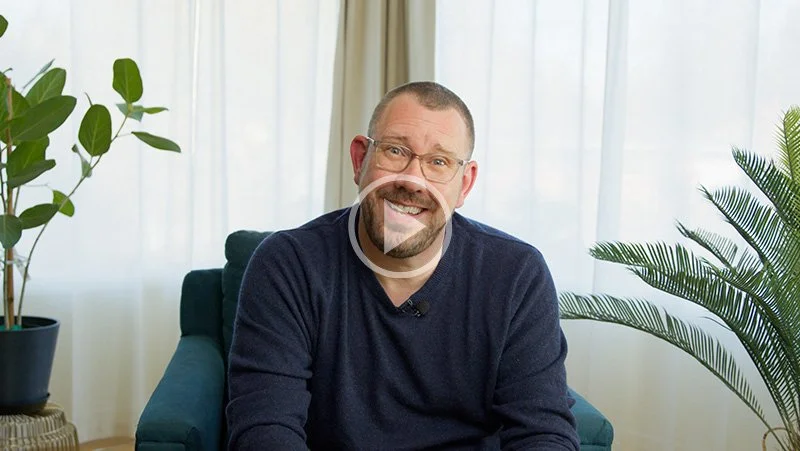Improve Your Hiring Process to Attract Talent
Welcome to the #culturedrop. Every Tuesday, Galen Emanuele emails tools to advance leadership skills, team culture, and personal growth. No spam, just great content. Sign up now to get it in your inbox.
Candidate experience during the hiring process matters more than ever.
This week I’m touching on a topic that’s often overlooked but super important: candidate experience during the interview process. If you're leading a company or on a hiring team — you need to understand how important this it.
This topic was inspired by the fact that I have a few colleagues who are deep in the job application/interview process right now, and what I’m hearing is so bad. These companies are dropping the ball so hard, and it's painful to watch.
“If your company claims to care about employee experience, that needs to include what it feels like to interview for your company.”
Realtalk: If your company claims to care about employee experience, that needs to include what it feels like to interview for your company. This is where you get to set the tone for what it will feel like to work for you, and make an impression. Candidates are making decisions about whether they want to work for you based on their experience and how you handle the interview process.
The reality of the job landscape.
The way you treat candidates in the interview process is a direct reflection of what it’s going to feel like to work for your company. If the process is disjointed, confusing, and/or lacks good, clear communication, candidates are picking up on that. It’s an easy hop for them to believe that is what day-to-day life at your company would be like.
If the process is frustrating or overly clunky, candidates are more than willing to just walk away. It’s so common to hear from HR colleagues about candidates “ghosting” them or bailing on the interview process.
“If the process is frustrating or overly clunky, candidates are more than willing to just walk away.”
What I think many companies don’t understand is that those candidates probably felt like they were being put through a confusing, disorganized, or unnecessarily shady or mysterious process, and they didn't want to deal with that long-term.
We’re no longer in the age of “You’re lucky to get to apply and come work for us.” The job market is competitive, candidates are more empowered (and yes, picky) and great employees are hard to come by. The companies that win the best talent are ones that make people feel valued from the very beginning.
They’re evaluating you too.
Candidates are sizing up your company and making decisions based on what they’re experiencing in real-time.
Studies show that lack of communication is one of the biggest pain points in the hiring process. A report published in the International Journal of Human Resource Management in 2022 found that when candidates don't receive timely updates, 65% are more likely to withdraw from the process entirely.
Some tips for a better candidate experience.
Here are some actionable tips that can drastically improve the candidate experience:
Overcommunicate. Seriously, you can’t communicate too much. Let candidates know exactly where they are in the process. If you’ve narrowed it down to a certain number of people, tell them. If they're not moving forward, don’t wait two weeks—tell them right away. Being left in the dark is frustrating. Honesty and transparency go a long way.
Be clear about current and next steps. If a candidate is moving forward, provide details. Who will they be meeting with? What's the purpose of the conversation? There should be no ambiguity. Let candidates know who they’re interacting with and why.
Keep it concise. Six rounds of interviews for an entry or mid-level role is ridiculous. Keep the process tight. People have lives and their time is as precious as yours. Asking someone to go through endless interviews sends the message that you don’t value their time.
Treat people like people, not numbers. Remember that every candidate is a human being. If you want your future employees to feel respected and cared for, it has to start in the interview process. People are acutely aware at all times how they are being treated during these stages, which will impact their decision to accept an offer, or even continue engaging in the process.
Be transparent about salary and position. Don’t be shady and elusive about the salary range is or how many others are in the candidate pool. Just be upfront with them. Being dodgy, secretive, and holding your cards super tight against your chest feels weird and sends big red flags.
Be empathetic. Put yourself in the candidate's shoes. What would you want to know if you were applying for this job? Would you be frustrated to be asked for a resume and then have to type out everything from your resume into another page? How would you want to be treated, and how often would you want updates? Keeping this mindset will help you build a better interview process.
The game has changed.
“Being dodgy, secretive, and holding your cards super tight against your chest feels weird and sends big red flags.”
Companies no longer hold all the power. The job market is candidate-driven, and the power dynamic has shifted towards employees, especially in sectors where skilled talent is in high demand. Great candidates have options, and they’re making intentional choices about where they want to work.
If your interview process is disorganized or disrespectful, candidates will ghost you, turn down offers, and worse, share their bad experience online which can affect your talent pool in the long run.
If you want top talent, you need to provide a top-tier candidate experience. That means high level transparency, communication, and respect. Overcommunicate, be clear about the process, and show candidates that you value them from day one.
Related Blogs:
Three Onboarding Ideas Every Company Should Use
Want more?
This article was created by Galen Emanuele for the #culturedrop. Free leadership and team culture content in less than 5 minutes a week. Check out the rest of this month's content and subscribe to the Culture Drop at https://bit.ly/culturedrop








